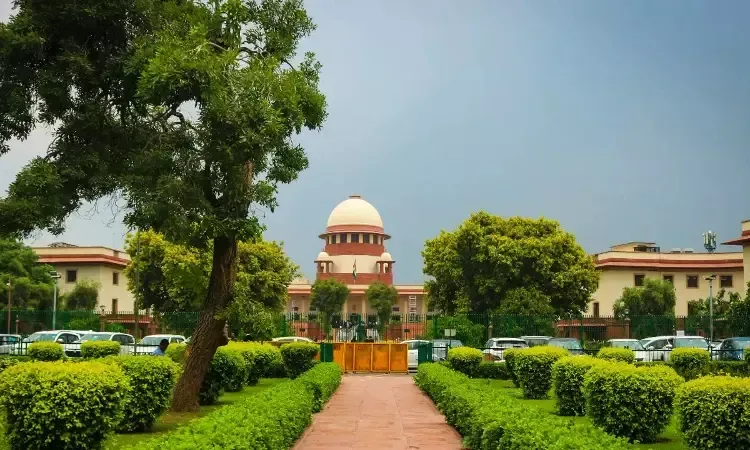In a significant ruling, the Supreme Court of India underscored the necessity for meticulous examination when registering First Information Reports (FIRs) under stringent statutes like the Uttar Pradesh Gangsters and Anti-Social Activities (Prevention) Act, 1986. The Court highlighted that the fundamental right to life and personal liberty, as enshrined in Article 21 of the Constitution, must not be compromised merely due to the filing of criminal cases against an individual. It cautioned against granting unchecked discretion to authorities in invoking such stringent laws, emphasizing that the more severe the legal provision, the stricter its application should be.
This pronouncement came as the Court deliberated on a case involving three individuals entangled in a property dispute that escalated into an FIR under the Gangsters Act. Upon reviewing the FIR's content, the bench, comprising Justices Sudhanshu Dhulia and Ahsanuddin Amanullah, observed an absence of evidence indicating the individuals' involvement in gang-related activities characterized by public intimidation or organized crime. Consequently, the Court quashed the criminal proceedings against them, noting that the invocation of the Gangsters Act appeared premature and unwarranted in this context.
Justice Amanullah, authoring the judgment, stressed the imperative for courts to ensure strict compliance with statutory prerequisites before permitting prosecutions under stringent laws like the Gangsters Act. The judgment referenced the case of Md. Rahim Ali @ Abdur Rahim v. State of Assam, where the Court opined that statutes imposing special provisions that derogate from general citizen rights should be interpreted with strict construction. Additionally, the Court cited Mohammad Wajid v. State of UP (2023), reinforcing that courts must look beyond mere allegations to ascertain that cases under special laws meet the necessary statutory thresholds.
The Supreme Court's ruling serves as a critical reminder of the delicate balance between enforcing law and safeguarding constitutional liberties. It underscores the judiciary's role in preventing the misuse of stringent laws in situations where they may not be applicable, thereby ensuring that the invocation of such laws is justified and appropriate.










0 Comments
Thank you for your response. It will help us to improve in the future.